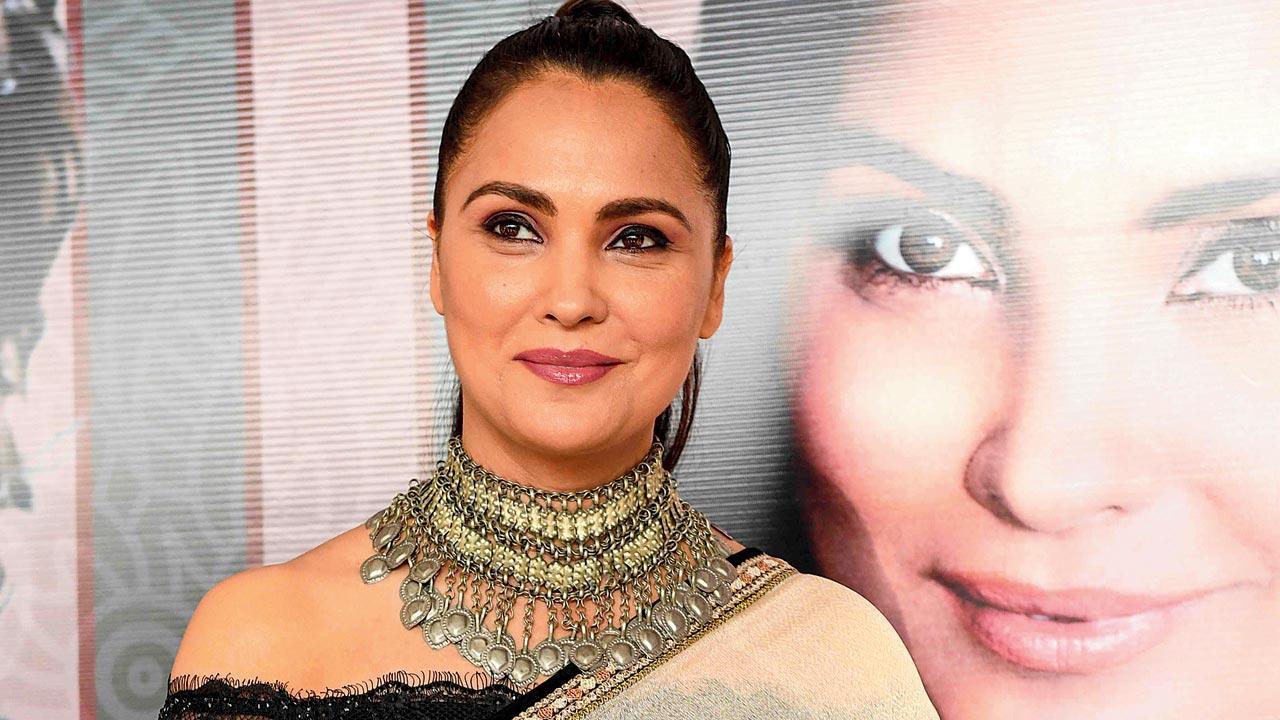Thanks to my father, I had this ready-made vault of knowledge on Indira Gandhi-Lara Dutta
8:13 AM
Posted by Fenil Seta

With her father having served as Indira Gandhi’s pilot, Lara Dutta discusses relying on his experiences and intense prep to play late PM in 'Bellbottom'
Mohar Basu (MID-DAY; August 16, 2021)
Most viewers did a double-take when the trailer of Bell Bottom was launched. Reason — Lara Dutta was almost unrecognisable as she slipped into the role of late Prime Minister Indira Gandhi for the Akshay Kumar-starrer. “For any actor, playing Mrs Gandhi is a huge honour,” begins Dutta.
When the offer came her way, she was initially unsure of taking up the part. “When Akshay called, I asked him if he was sure [about casting me in the role]. Once I said yes, the magnitude of the responsibility dawned on me. Vikram Gaikwad did a great job on the prosthetics, creating wrinkles and pigmentation because I played her in her 60s. Once the look came together, I was more convinced I could pull it off.”
It was then time for Dutta to imbibe the traits of India’s Iron Lady. With director Ranjit M Tewari, she watched archival footage of Gandhi, studying her body language and interactions. She also fell back on father L K Dutta’s experiences with the former prime minister. “He was Mrs Gandhi’s pilot, and has flown her on innumerable occasions, including election rallies. We grew up hearing first-hand stories of his interactions with her. I had this ready-made vault of knowledge on her."
“She believed in straight talk. This film is centred on a dramatic incident. We have taken some cinematic liberty, but retained the authenticity of how she would have reacted to the incident. As an actor, I feel content with what I have done. My father felt it was a job well done.”
While most have praised her transformation, some detractors have nitpicked on her look, including Sapna Bhavnani who called it a bad wig. Dutta is unfazed as she says, “You can’t please everyone. There will be people who will find flaws, and everyone is entitled to their opinion.”
The actor will soon be seen in Lionsgate’s new series that is an adaptation of American show Casual. Describing the current phase as “the best time” of her career, she says, “As a woman in her early 40s, it’s liberating that the roles are not restricted to playing someone’s wife or the hero’s mother. There are more female writers who are writing better parts for women.”
This entry was posted on October 4, 2009 at 12:14 pm, and is filed under
Akshay Kumar,
Bellbottom,
Indira Gandhi,
Interviews,
Lara Dutta,
Lara Dutta father,
Lara Dutta interview,
Vikram Gaikwad
. Follow any responses to this post through RSS. You can leave a response, or trackback from your own site.
Subscribe to:
Post Comments (Atom)
Post a Comment